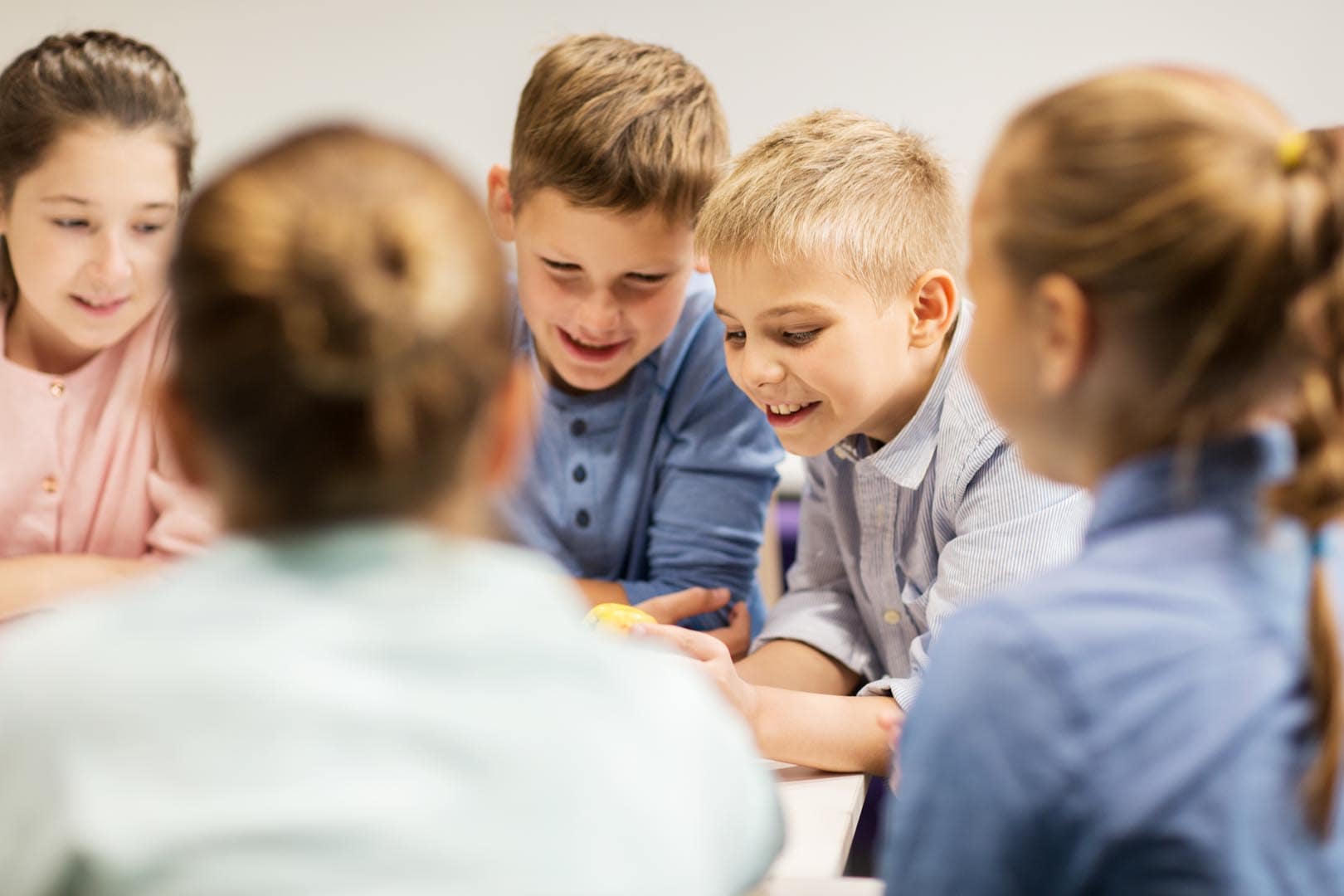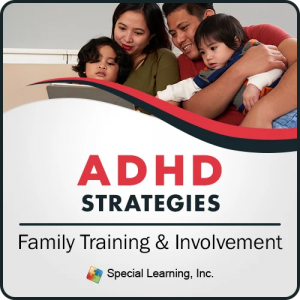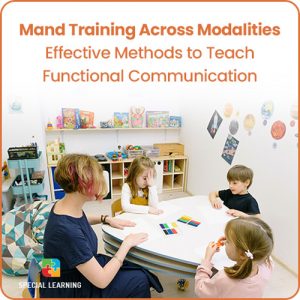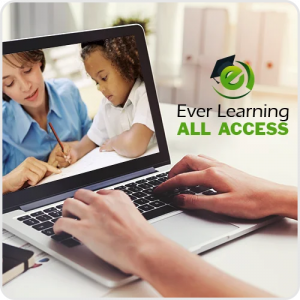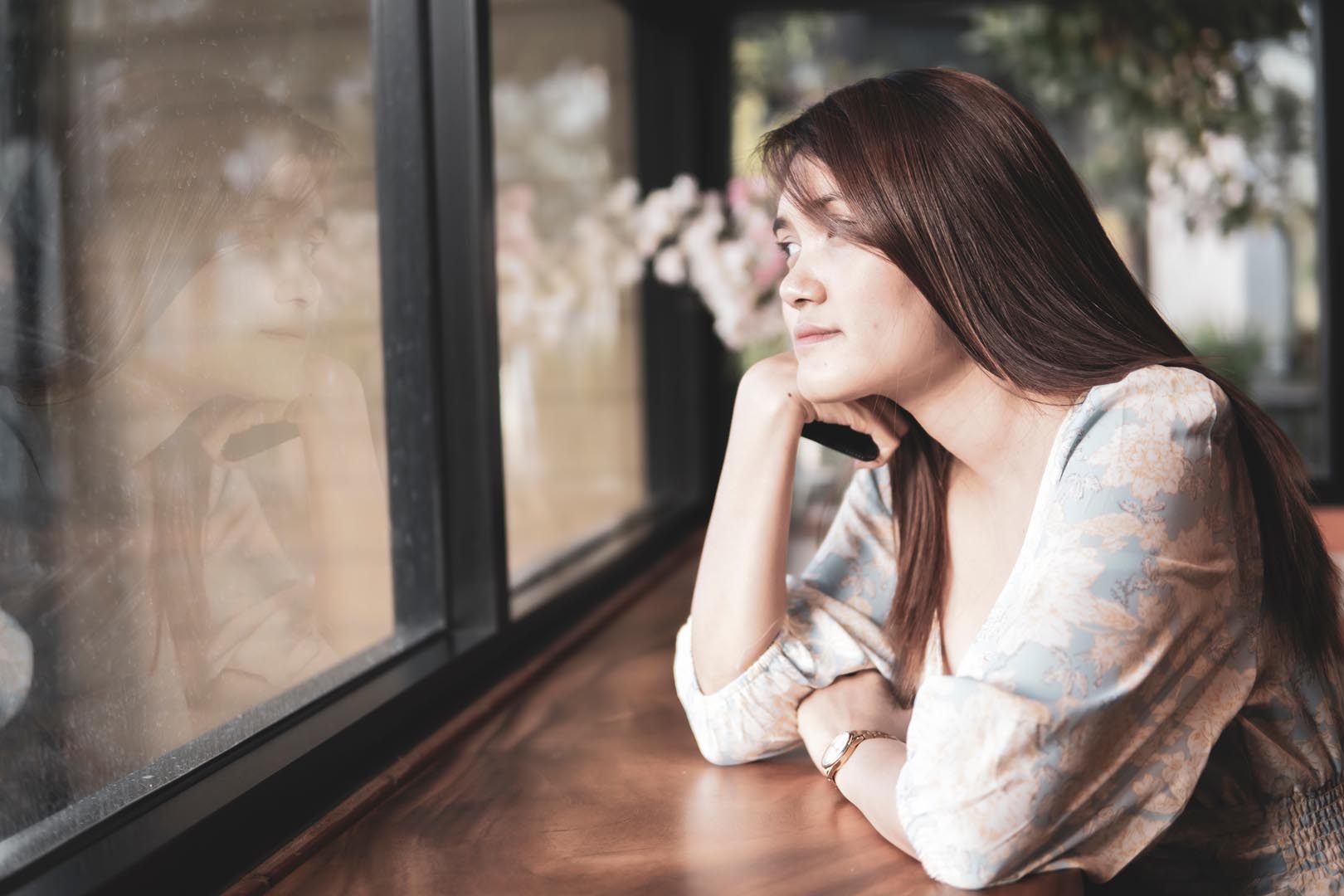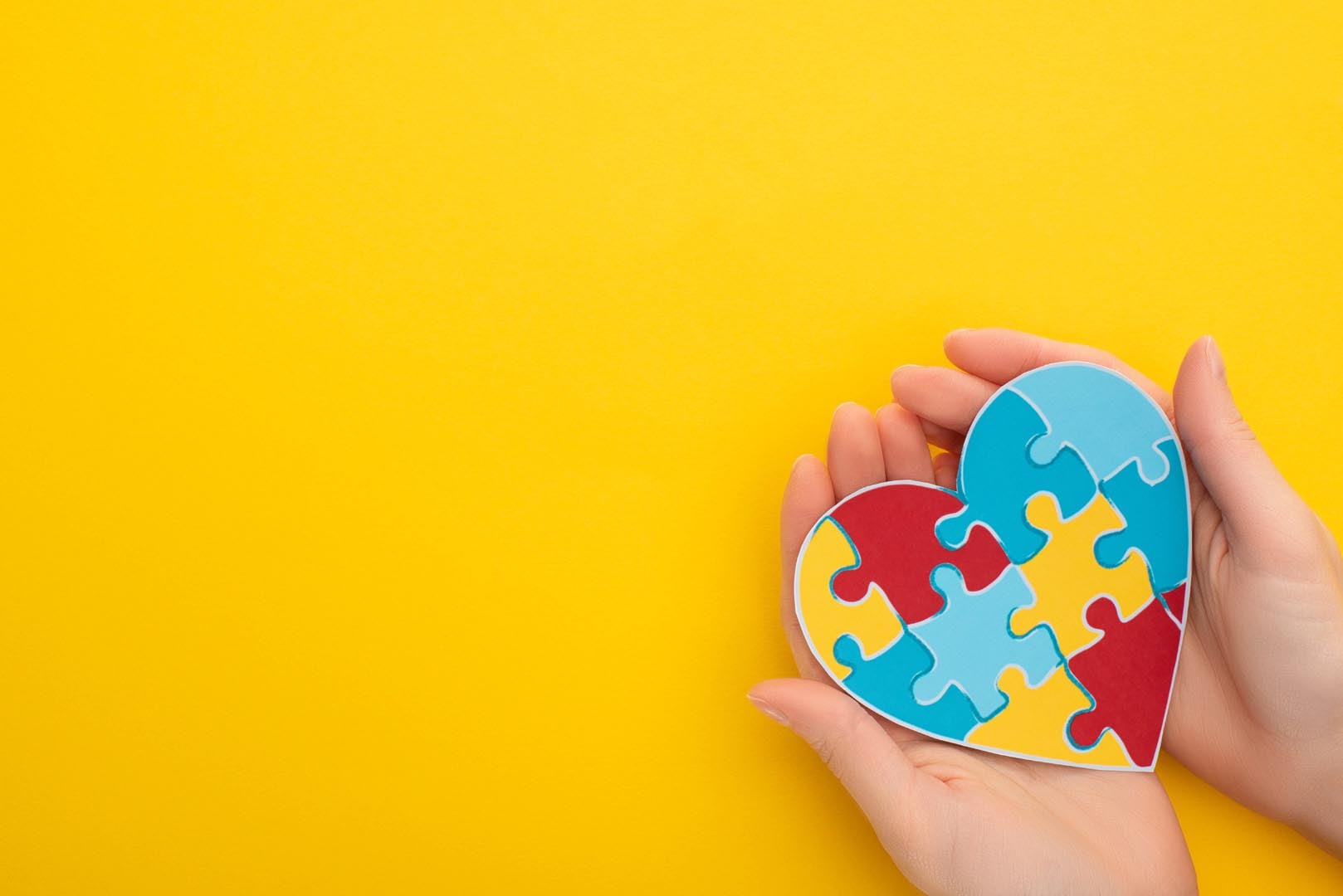World Health Organization Explanation of Life Skills
“Life Skills” is a great program under the leadership of the World Health Organization (WHO) in collaboration with different non-governmental organizations (NGOs) and other social development organizations. This is a program to educate the people — especially the young generation —in schooling and beyond. It has clear and defined objectives for society so that an organized, acceptable, and beneficial lifestyle is developed for everyone.
This program has different subsections that cover different areas of life:
· Mental health
· Physical health
· Social harmony and tolerance
The following are defined objectives for mental health, which are being worked out for:
· Problem solving and decision-making skills
· Development of critical and creative thinking skills
· Communication and interpersonal skills
· Self-awareness and empathy
· Coping with stress and emotions
These objectives have given multifaceted Life Skill programs in different areas and countries, in accordance with their prevailing problems. Different definitions of terms were identified in achieving the goals of this program:
· Dealing with conflicts, authorities, stress, emotions, and cultural and religious disharmony
· Making cross-culture relationships and friendships across societies and countries
· Resisting pressure, clarification of values and customs, negotiations
· Coping disappointment
· Planning ahead, assertiveness, and empathy
· Sociability, respect, self-esteem, tolerance, trust, sharing, compassion, and so forth
These are the high-valued terms that are to be achieved through the Life Skill program of education. Through this, many mental, health, and social problems can be controlled at very basic and initial levels. The basic goal of the Life Skill education system is to develop a mentally and physically moderate society with agreed and suitable lifestyle and behaviors. This improves mental health problems even those that pertain to autism and other mental disorders.
The major treatments and therapies proposed in the mental and psychological programs are Applied Behavior Analysis (ABA). These therapies mold and streamline mental disorders into acceptable social practice or behavior in a society. Thus, the aforementioned desired objectives can be achieved through the implementation of Life Skills development programs from the school level to social interactions such as seminars, workshops, and other learning and teaching mediums.
References:
Copyright © by Special Learning Inc. All right reserved.
No part of this article may be reproduced in any manner whatsoever without written permission except in the case of brief quotations embodied in critical articles and reviews. For information, contact Special Learning Inc., at: contact@special-learning.com
